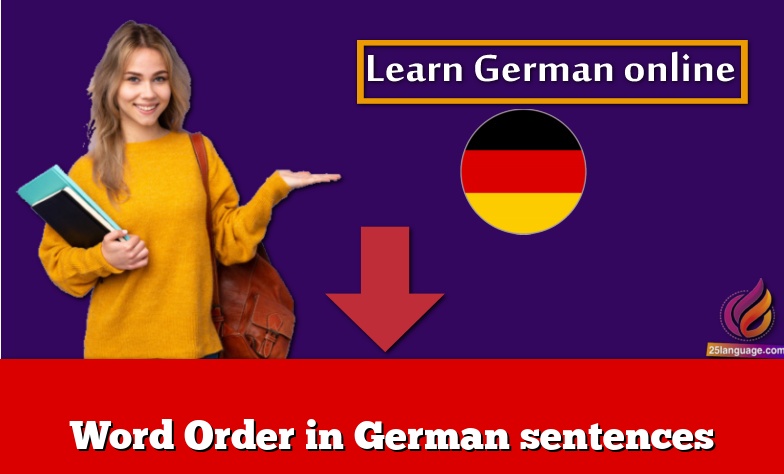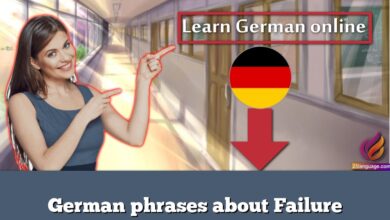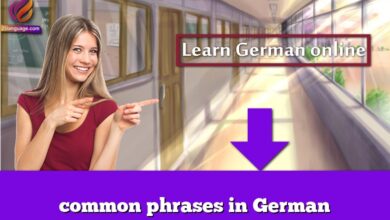Word Order in German sentences

Learning word order in German sentences is essential for effective communication and comprehension. Here’s why it is important:
Meaning Clarity: Word order plays a crucial role in determining the meaning of a sentence. German has a relatively flexible word order compared to English, but there are still rules and conventions to follow. By understanding and using the appropriate word order, you can ensure that your intended meaning is clear to the listener or reader.
Grammatical Accuracy: German word order is closely linked to the grammatical functions of words in a sentence. Placing words in the correct order helps convey the proper grammatical relationships between subjects, verbs, objects, and other elements. Incorrect word order can lead to confusion or grammatical errors.
Comprehension: When listening or reading German, understanding the word order helps you process the information more easily. By recognizing the expected position of different sentence elements, you can follow the flow of the sentence and grasp the intended meaning more efficiently.
Here are some examples of word order in German sentences:
- Declarative Sentences (Subject-Verb-Object):
- Ich sehe einen Hund. (I see a dog.)
- Er liest ein Buch. (He is reading a book.)
- Sie hat einen Apfel gegessen. (She has eaten an apple.)
- Wir spielen Fußball im Park. (We are playing soccer in the park.)
- Ihr trinkt gerne Kaffee. (You all like to drink coffee.)
- Die Kinder haben den Ball verloren. (The children have lost the ball.)
- Questions (Verb-Subject-Object):
- Spielst du Klavier? (Do you play the piano?)
- Hat er das Buch gelesen? (Has he read the book?)
- Isst du gerne Pizza? (Do you like pizza?)
- Singen sie ein Lied? (Are they singing a song?)
- Trinkt ihr oft Tee? (Do you all often drink tea?)
- Haben die Studenten die Prüfung bestanden? (Have the students passed the exam?)
- Subordinating Clauses (Conjugated Verb at the End):
- Ich denke, dass er Recht hat. (I think that he is right.)
- Sie sagt, dass sie morgen kommt. (She says that she is coming tomorrow.)
- Er fragt, ob wir Hilfe brauchen. (He asks if we need help.)
- Ich hoffe, dass du bald gesund wirst. (I hope that you will get well soon.)
- Sie erklärt, wie das funktioniert. (She explains how that works.)
- Er weiß, wo das Restaurant ist. (He knows where the restaurant is.)
- Time Expressions (Generally at the Beginning or End):
- Gestern habe ich einen Film gesehen. (Yesterday, I watched a movie.)
- Morgen gehen wir ins Kino. (Tomorrow, we are going to the cinema.)
- Heute habe ich viel Arbeit. (Today, I have a lot of work.)
- Am Abend treffen wir uns im Park. (In the evening, we are meeting in the park.)
- Nach der Schule spiele ich Fußball. (After school, I play soccer.)
Remember that these are general examples, and there can be variations based on specific contexts or sentence structures. Practice with different sentence constructions and pay attention to the word order to develop a better understanding of German sentence structure.





























